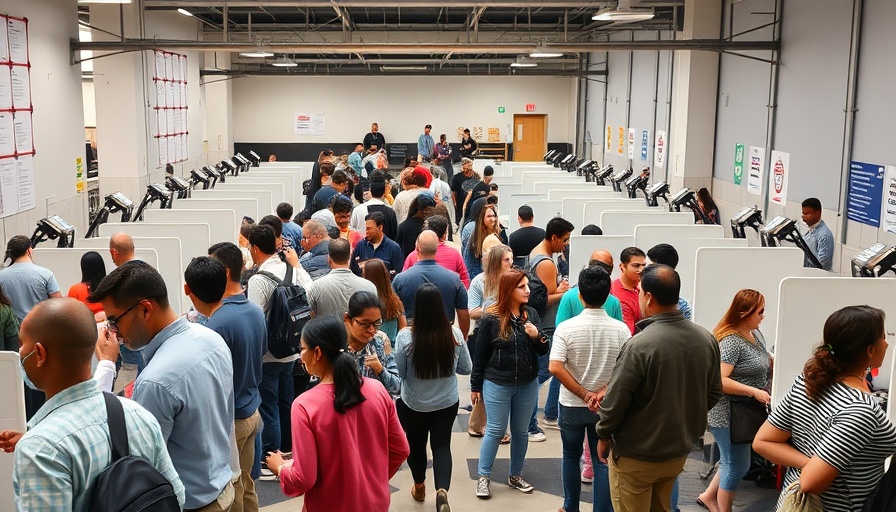
The Heart of the Voter ID Debate in Huntington Beach
In a significant turn of events, an Orange County judge has issued a formal decision supporting Huntington Beach in the ongoing legal wrangle over voter identification laws. This development comes after the city proposed asking voters for identification before casting ballots in municipal elections under Measure A, approved last spring. The decision by Judge Nico Dourbetas to back the city's stance has left the State of California scrambling as it plans to appeal the ruling.
A Community Stands Its Ground
The ruling has sparked enthusiasm among Huntington Beach residents and local officials, who see it as a victory for community autonomy. Mayor Pat Burns and City Attorney Michael Gates have both voiced their determination to defend this measure, which they perceive as an essential step towards preserving election integrity within their jurisdiction. Gates, responding to the potential state appeal, assured residents that he firmly supports the city’s prerogatives.
Understanding Measure A and Its Implications
Measure A, now embedded into Section 705 of the city's charter, empowers Huntington Beach to enforce voter ID requirements in local elections starting in 2026. This has sparked a broader debate over state intervention versus local governance rights—a recurring theme prompting discussions across various communities in California.
Relevance to Current Events
The ongoing legal battle ties into broader national conversations about voter ID laws and election security. California, as one of the states traditionally not requiring voter ID, challenges Huntington Beach’s stance, citing possible violations of state law. With preparatory work for the 2026 municipal elections on the horizon, this case exemplifies the urgency for clarity and resolution.
Future Predictions and Trends
Looking ahead, the battle over voter ID laws in Huntington Beach may set precedents affecting both legislative frameworks and voter access across California. As the appeal looms, other municipalities watching closely might find these developments indicative of wider trends influencing local autonomy and election laws.
What This Means for Your Community
For residents of Huntington Beach, this legal decision is not just a political statement but a reflection of community values striving for representation and fairness. As debates over voter ID laws persist, understanding the local implications becomes ever more critical for ensuring inclusive and accessible electoral practices that align with community priorities.
 Add Row
Add Row  Add
Add 




Write A Comment